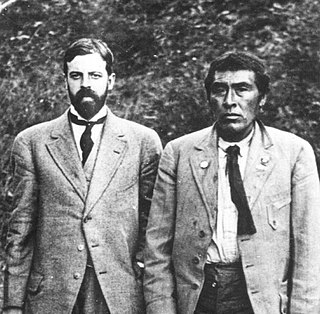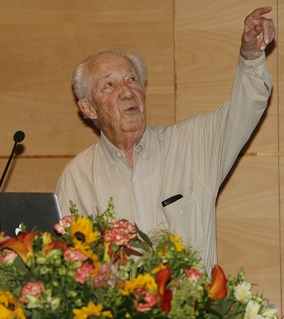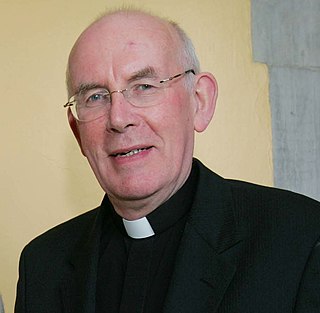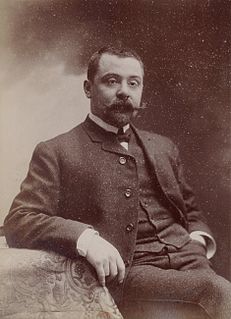A Quote by Edwin Hubbel Chapin
The city an epitome of the social world. All the belts of civilization intersect along its avenues. It contains the products of every moral zone. It is cosmopolitan, not only in a national, but a spiritual sense.
Related Quotes
There are many people of cosmopolitan temperament who are not from the elites of their societies or the world; and while, for a variety of reasons, I think a cosmopolitan spirit does naturally go with city life, that's the life of a very large proportion of human beings today. And I don't think rural people can't be cosmopolitan, in my sense.
All civilization in a sense exists only in the mind. Gunpowder, textile arts, machinery, laws, telephones are not themselves transmitted from man to man or from generation to generation, at least not permanently. It is the perception, the knowledge and understanding of them, their ideas in the Platonic sense, that are passed along. Everything social can have existence only through mentality.
The need of a constantly expanding market for its products chases the bourgeoisie over the entire surface of the globe. It must nestle everywhere, settle everywhere, establish connections everywhere. The bourgeoisie has, through its exploitation of the world market, given a cosmopolitan character to production and consumption in every country. To the great chagrin of reactionaries, it has drawn from under the feet of industry the national ground on which it stood.
One can only understand history and all of social life, including today’s social life, if one pays attention to people’s racial characteristics. And one can only understand all that is spiritual in the correct sense if one first examines how this spiritual element operates within people precisely through the color of their skin.
The final goal of world revolution is not socialism, or even communism, it is not a change in the present economic system, it is not the destruction of civilization in a material sense. The revolution desired by the leaders is moral and spiritual, it is an anarchy of ideas in which all the bases established nineteen centuries ago shall be overthrown, all the honored traditions trodden under foot, and, above all, the Christian ideal finally obliterated.
Programs of a political nature are important end products of social quality that can be effective only if the underlying structure of social values is right. The social values are right only if the individual values are right. The place to improve the world is first in one's heart and head and hands, and then work outward from there.
In the spiritual domain, criticism is love turned sour. In a wholesome spiritual life there is no room for criticism. The critical faculty is an intellectual one, not a moral one. If criticism becomes a habit it will destroy the moral energy of the life and paralyse spiritual force. The only person who can criticise human beings is the Holy Spirit.
The stamping out of the artist is one of the blind goals of every civilization. When a civilization becomes so standardized that the individual can no longer make an imprint on it, then that civilization is dying. The mass mind has taken over and another set of national glories is heading for history's scrap heap.





































